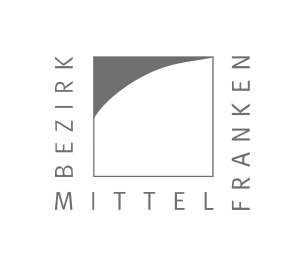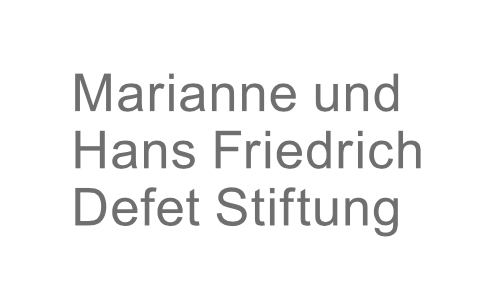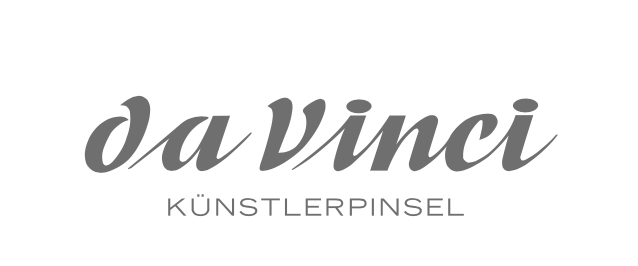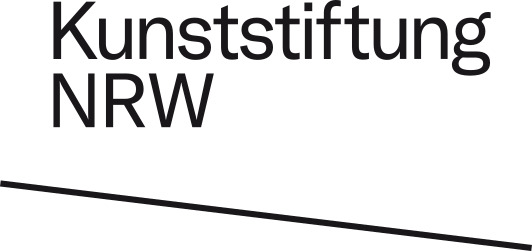Das Lokale ist nicht lokal
Eröffnung / Opening: 29. Juni 2024, 16-21 Uhr / 29th June 2024, 4 – 9 pm
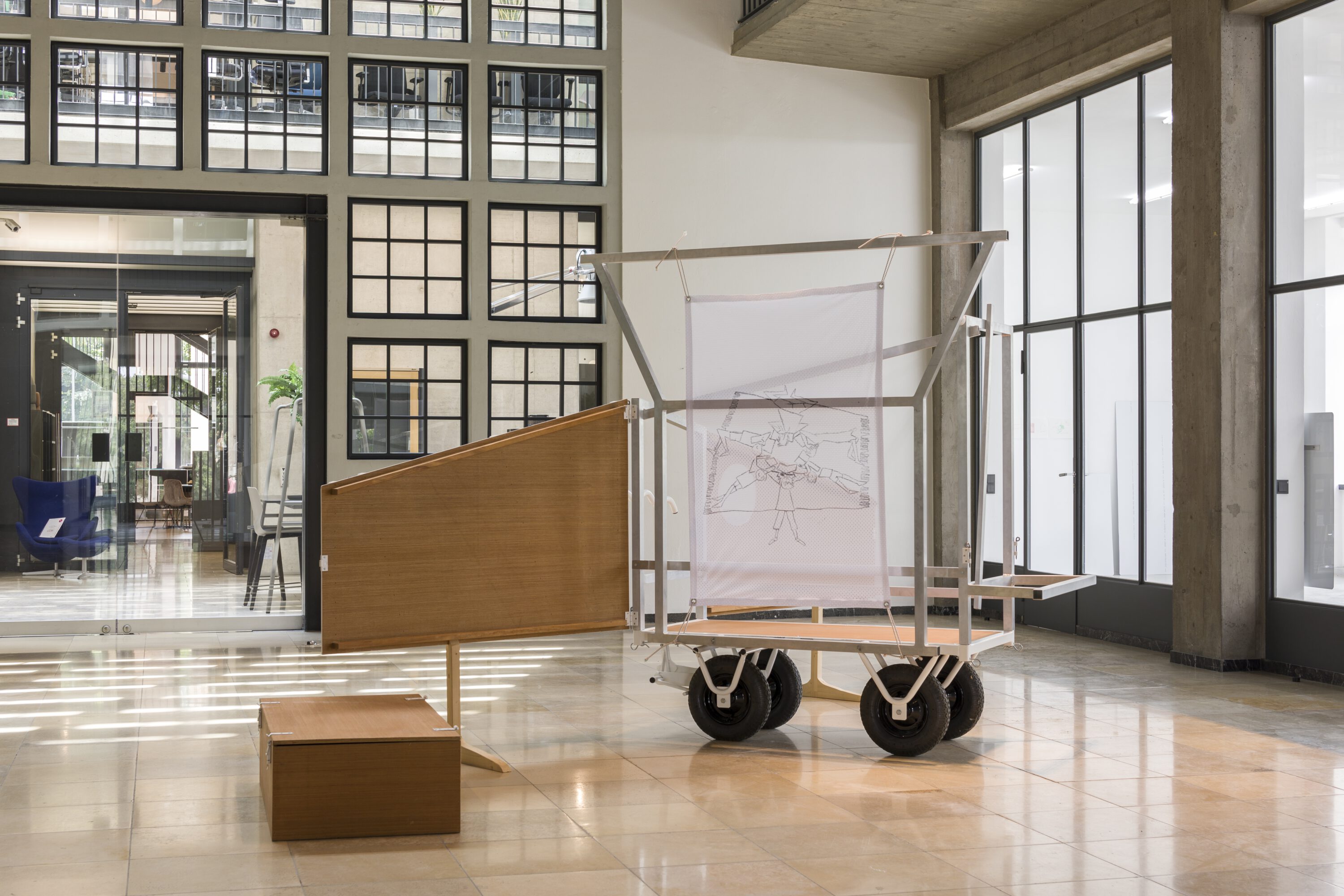
Maximiliane Baumgartner, "Viele Vampire sind Vögel", 2019, Aktionswagen, Bannerdruck basierend auf einem Entwurf für eine Deckenmalerei von Dore Meyer-Vax für die Jugendbücherei Nürnberg, 1956, Kunstverein Nürnberg, 2024
Photo: © Lukas Pürmayr
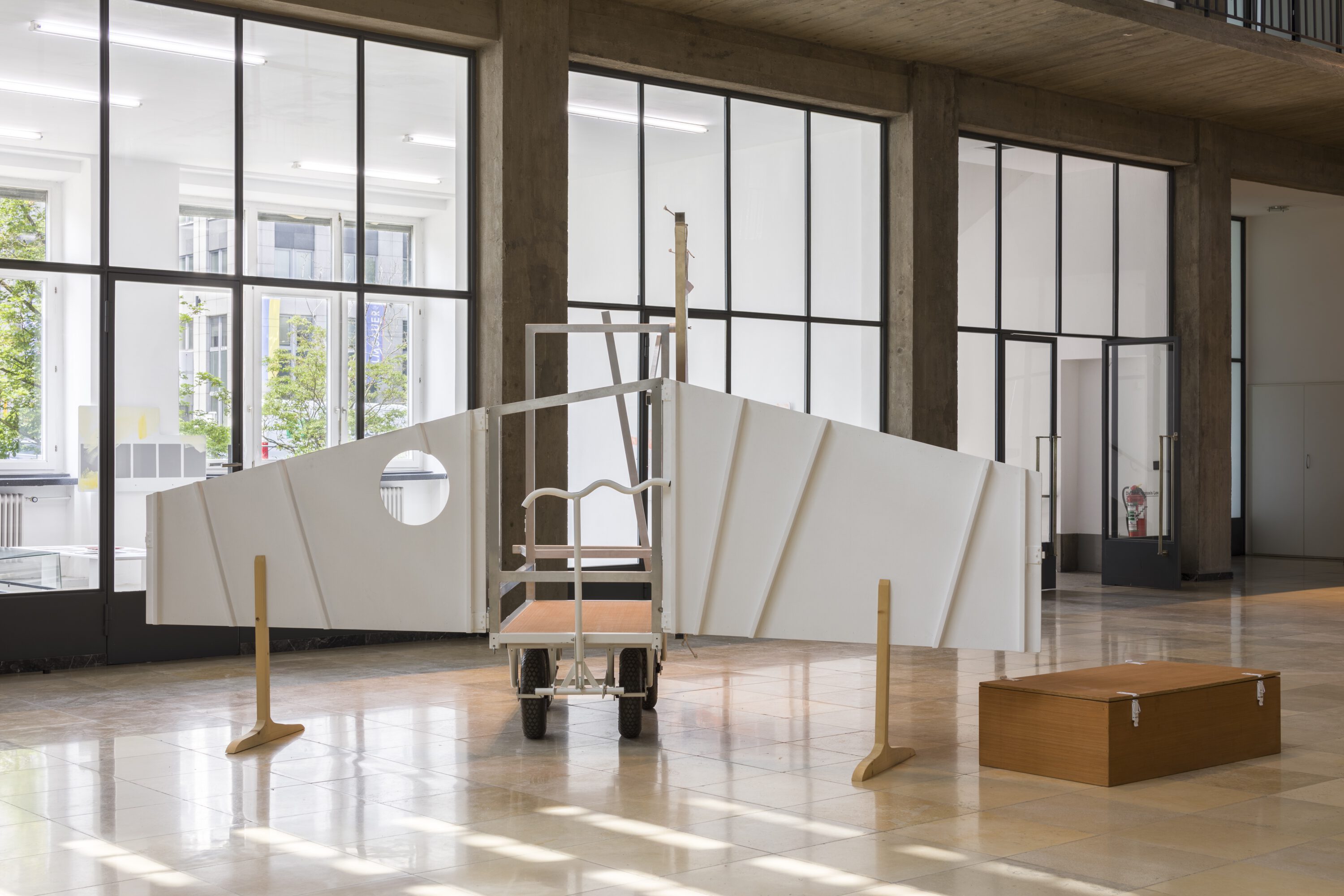
Maximiliane Baumgartner, "Viele Vampire sind Vögel", 2019, Aktionswagen, Bannerdruck basierend auf einem Entwurf für eine Deckenmalerei von Dore Meyer-Vax für die Jugendbücherei Nürnberg, 1956, Kunstverein Nürnberg, 2024
Photo: © Lukas Pürmayr
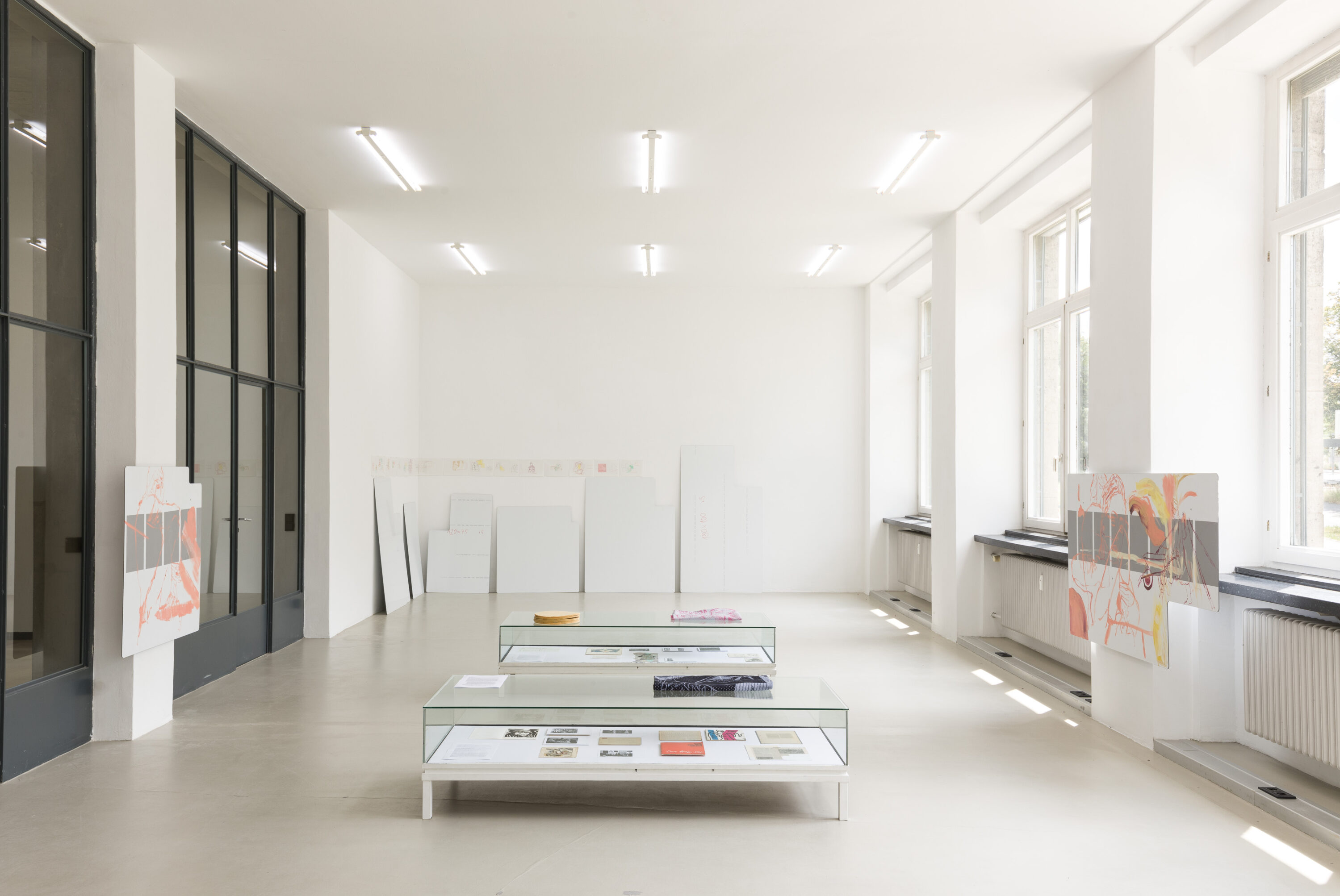
Maximiliane Baumgartner: Das Lokale ist nicht lokal, Kunstverein Nürnberg, 2024
Photo: © Lukas Pürmayr
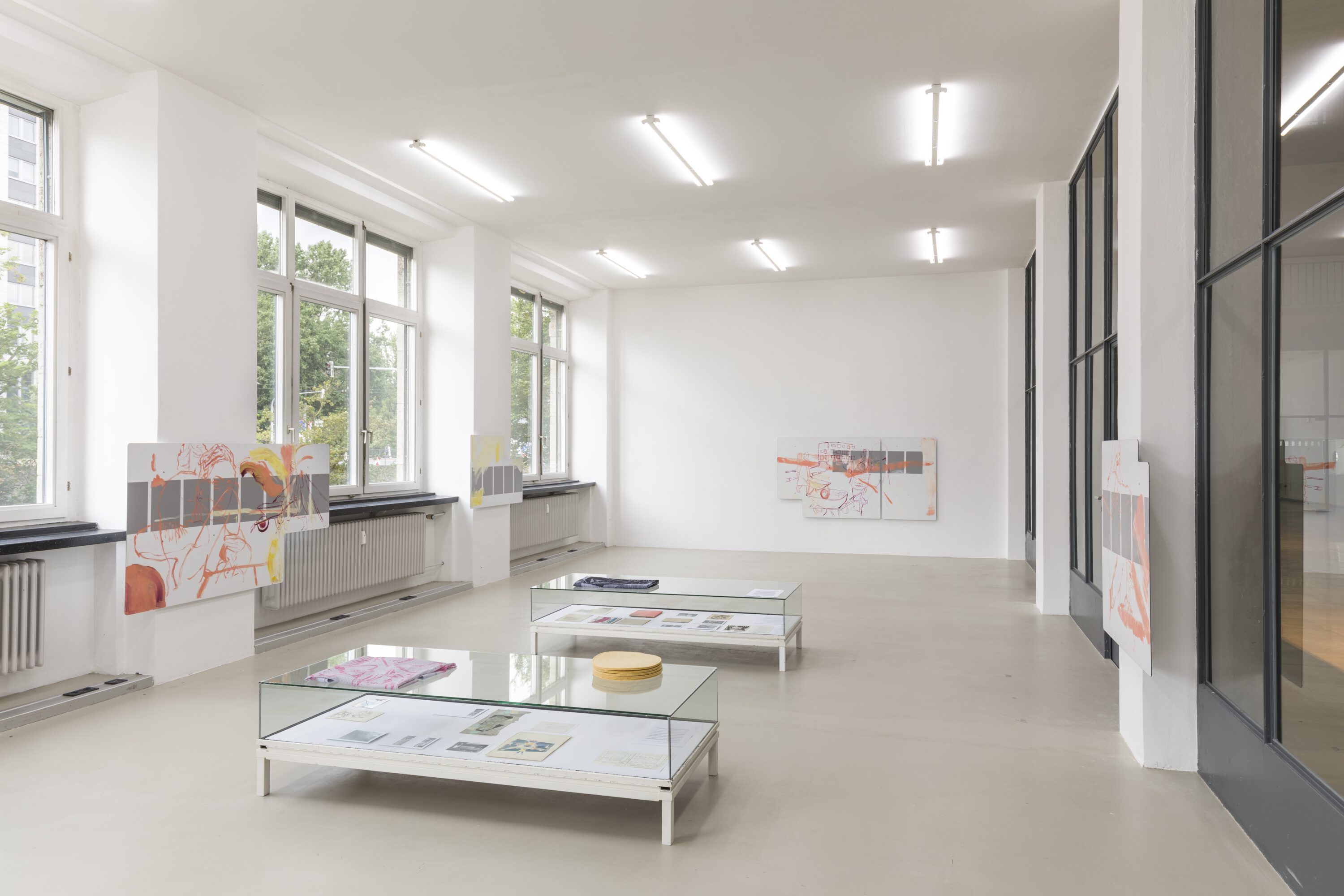
Maximiliane Baumgartner: Das Lokale ist nicht lokal, Kunstverein Nürnberg, 2024
Photo: © Lukas Pürmayr
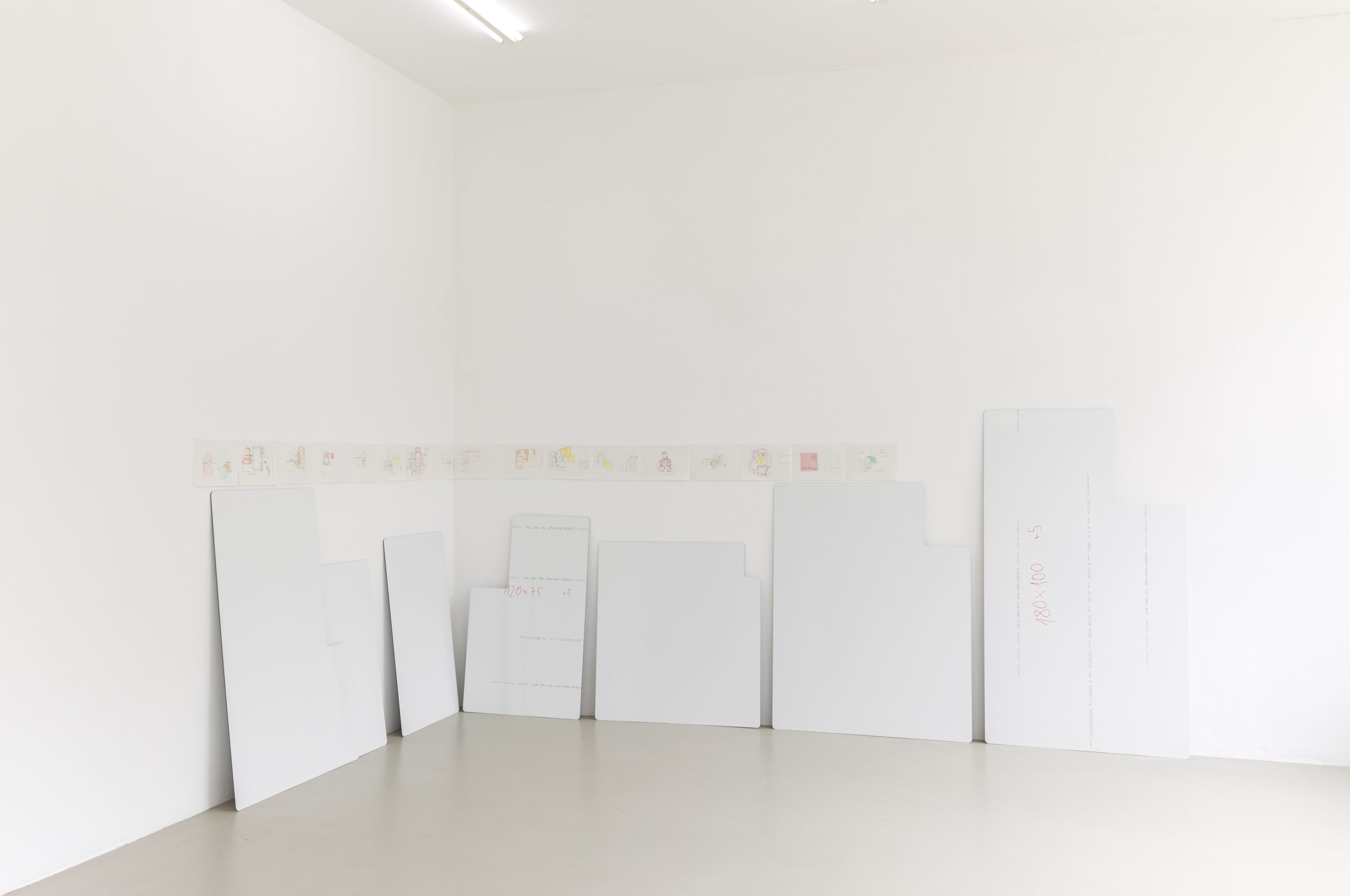
Maximiliane Baumgartner, "Das Lokale ist nicht lokal", 2023/24, mehrteilige Installation, Alu Dibond, Buntstift, Papier, mit Fries aus 17 Zeichnungen, Kunstverein Nürnberg, 2024
Photo: © Lukas Pürmayr
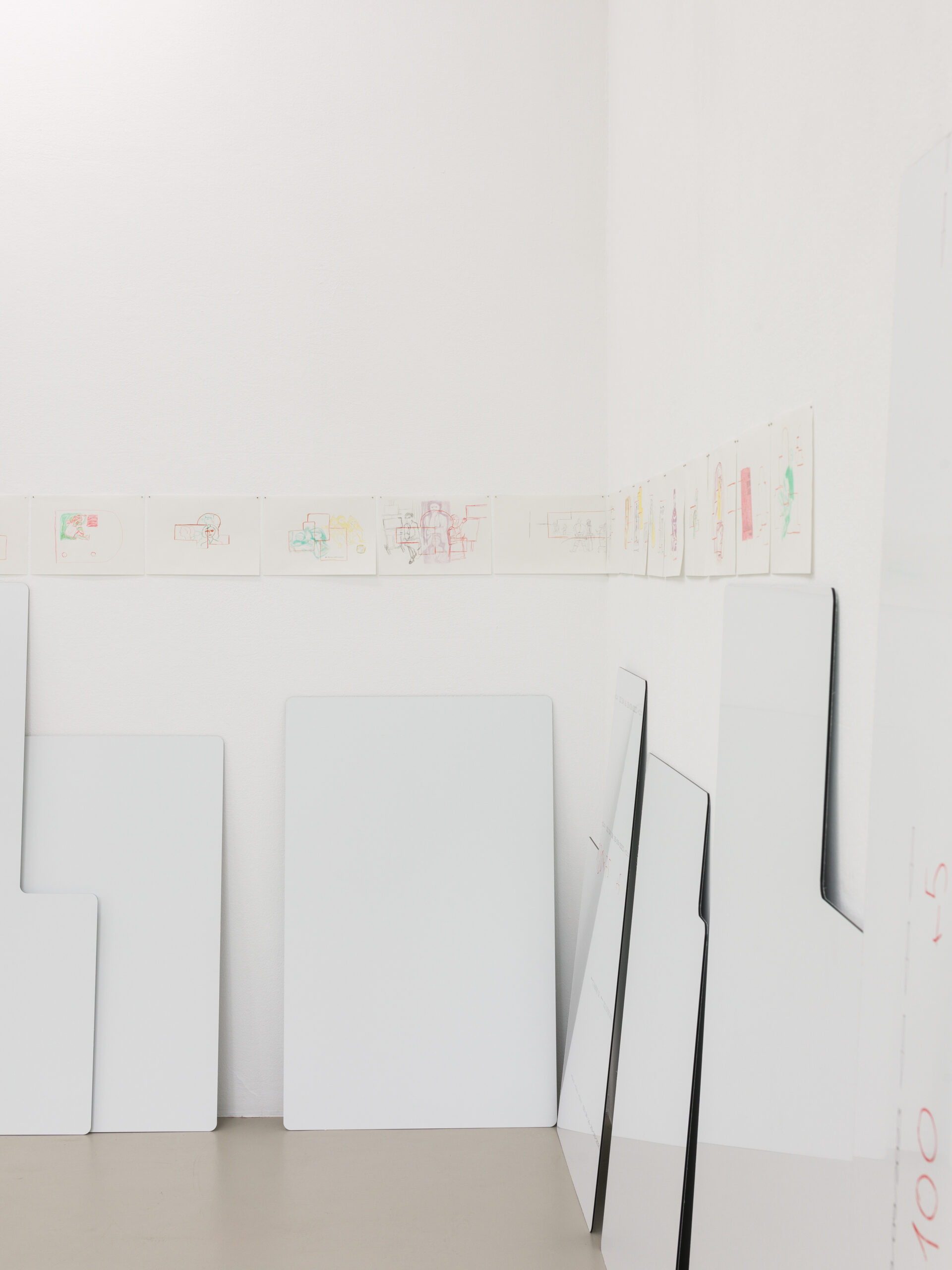
Maximiliane Baumgartner, "Das Lokale ist nicht lokal", 2023/24, mehrteilige Installation, Alu Dibond, Buntstift, Papier, mit Fries aus 17 Zeichnungen, Kunstverein Nürnberg, 2024
Photo: © Lukas Pürmayr
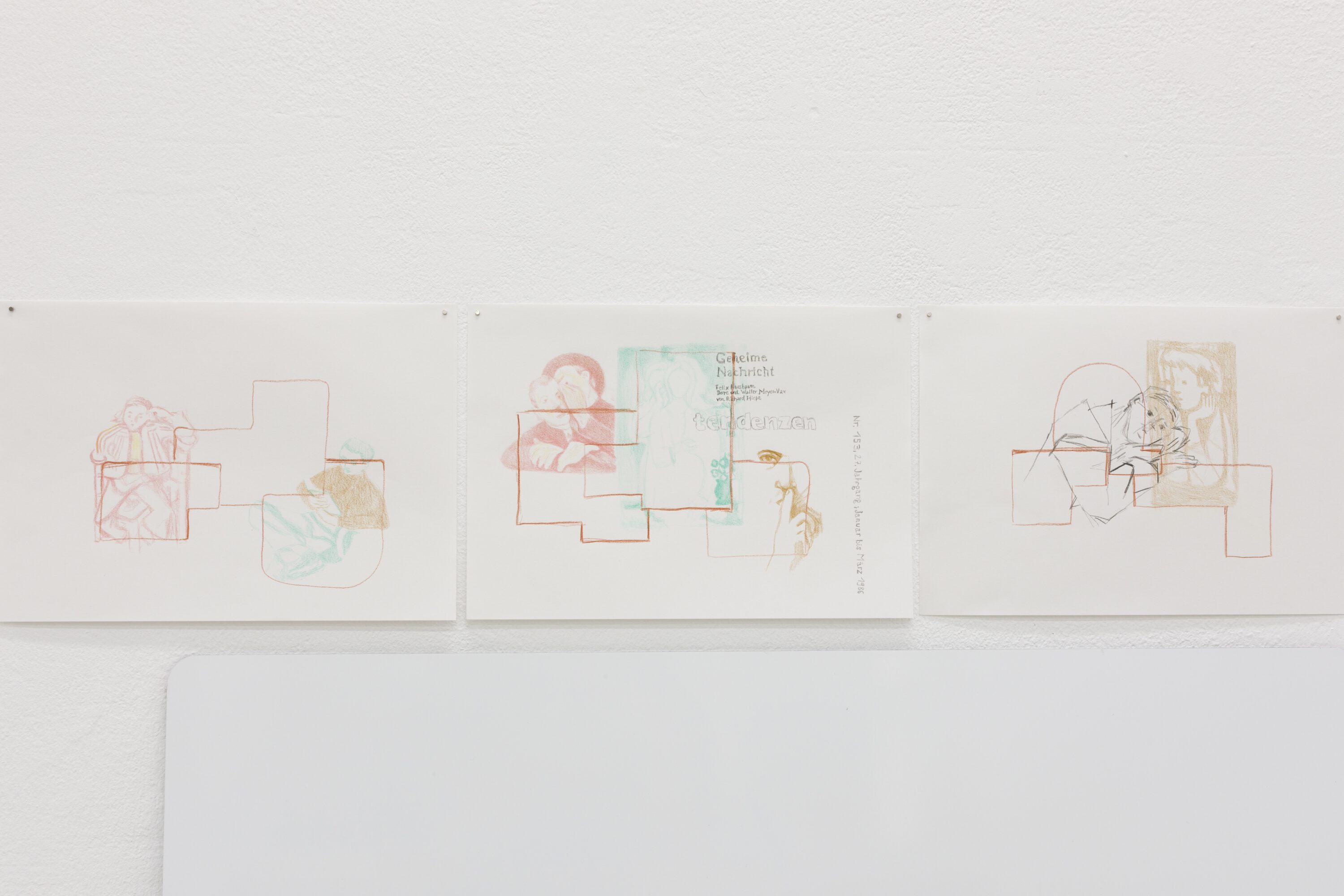
Maximiliane Baumgartner, "Das Lokale ist nicht lokal", 2023/24, mehrteilige Installation, Alu Dibond, Buntstift, Papier, mit Fries aus 17 Zeichnungen, Kunstverein Nürnberg, 2024
Photo: © Lukas Pürmayr
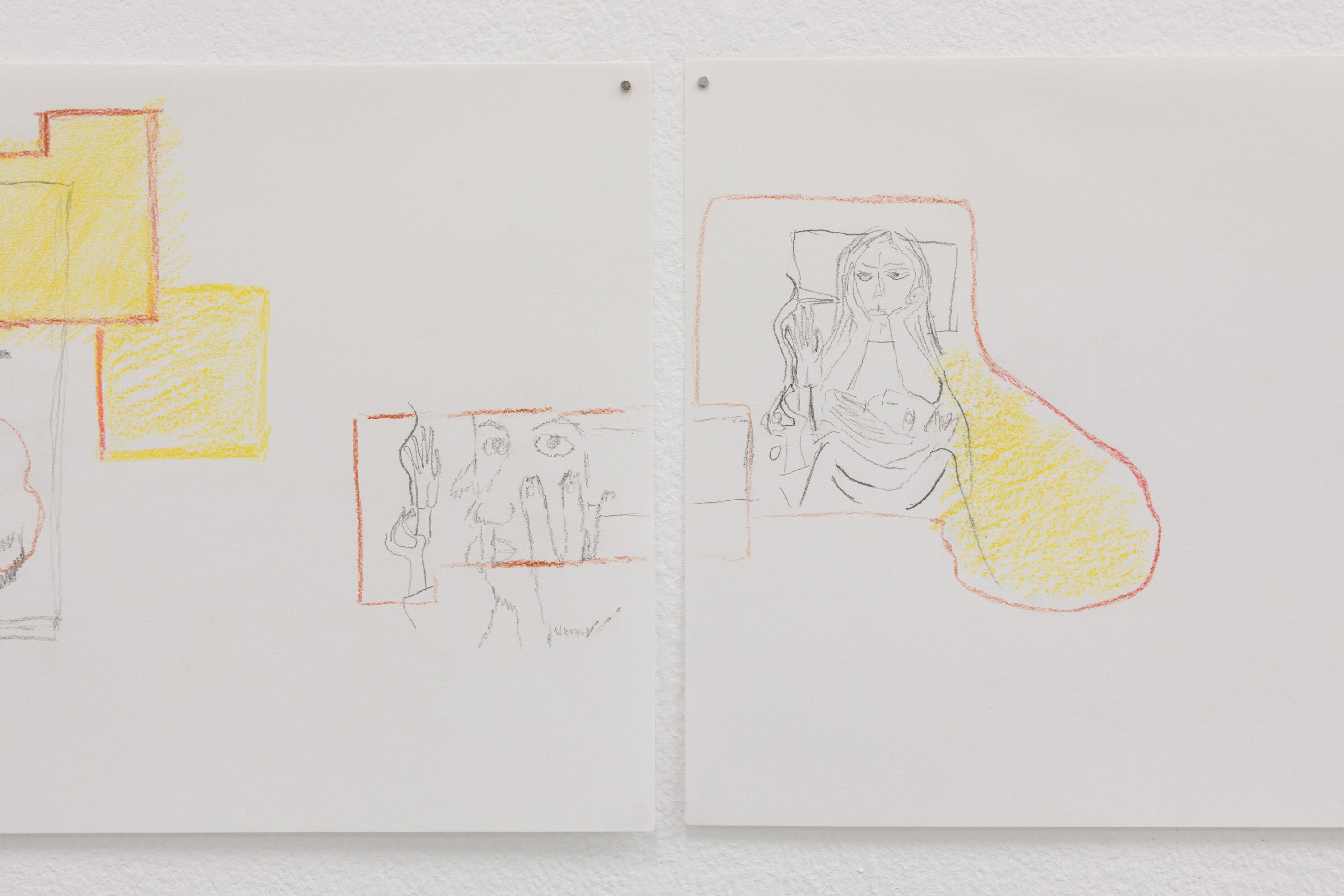
Maximiliane Baumgartner, "Das Lokale ist nicht lokal", 2023/24, mehrteilige Installation, Alu Dibond, Buntstift, Papier, mit Fries aus 17 Zeichnungen, Kunstverein Nürnberg, 2024
Photo: © Lukas Pürmayr
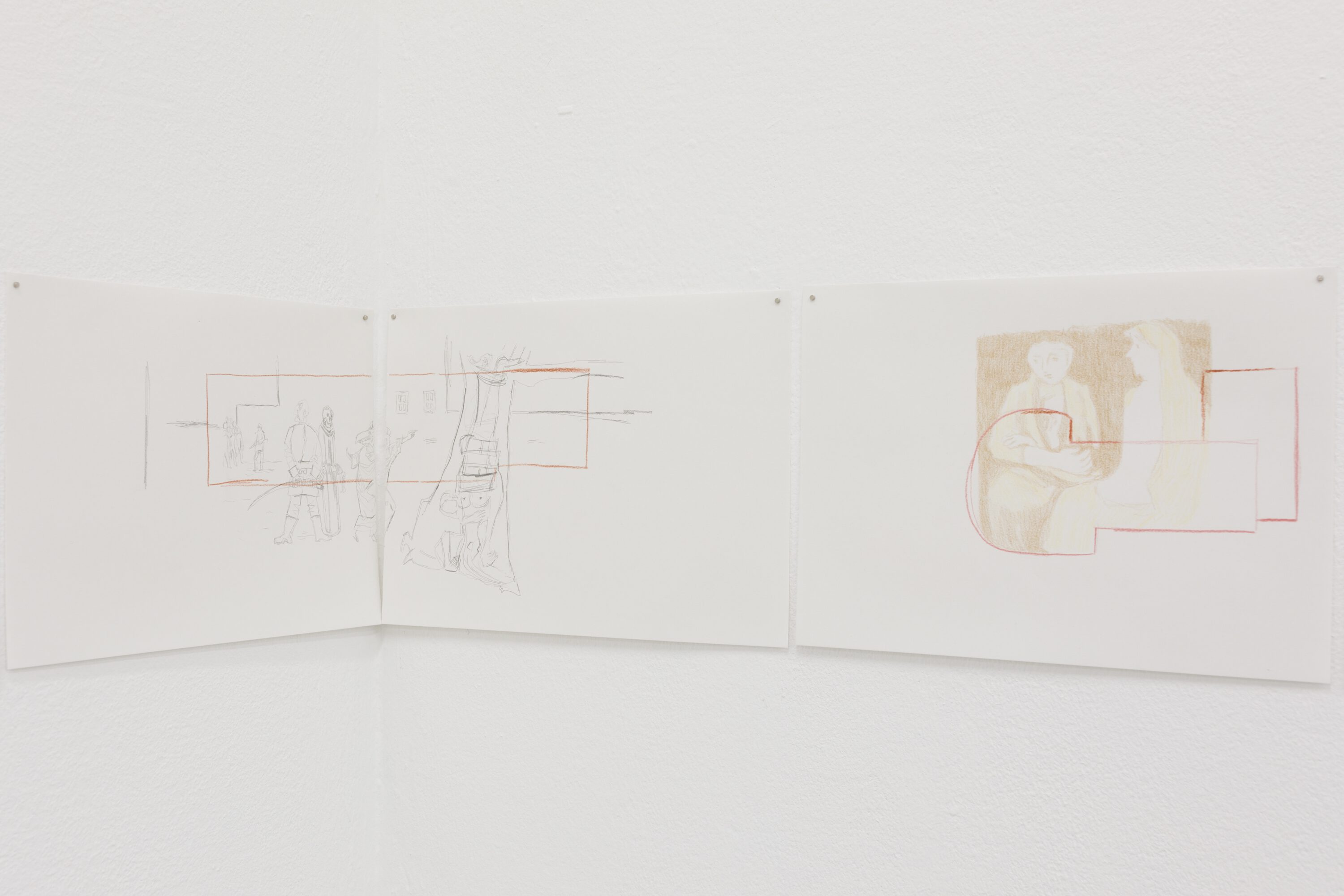
Maximiliane Baumgartner, "Das Lokale ist nicht lokal", 2023/24, mehrteilige Installation, Alu Dibond, Buntstift, Papier, mit Fries aus 17 Zeichnungen, Kunstverein Nürnberg, 2024
Photo: © Lukas Pürmayr
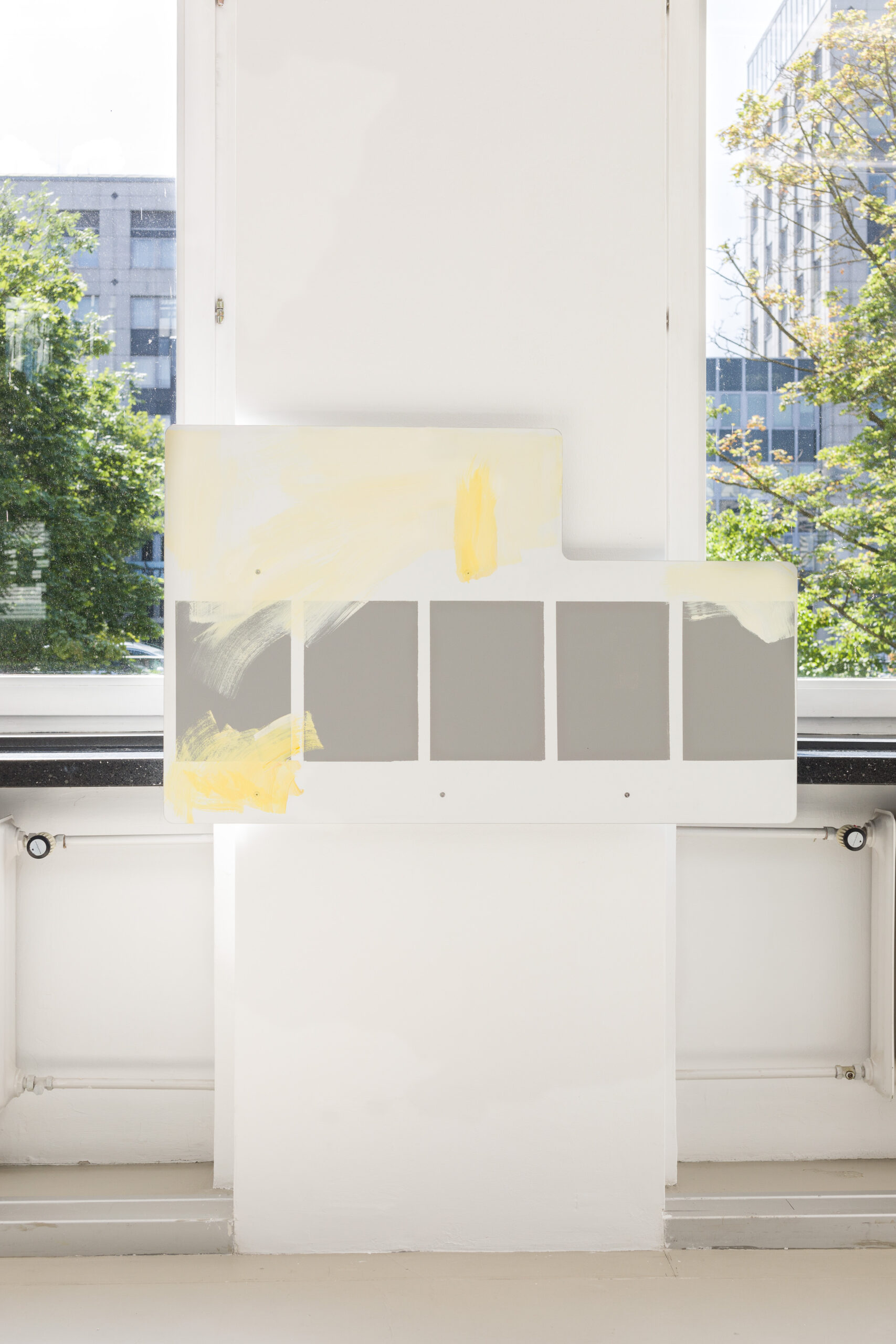
Maximiliane Baumgartner, "XX" aus "Von einem Punkt aus der Vergangenheit, einem Punkt aus der Gegenwart malen (I)", 2023, Lack auf Alu Dibond, Kunstverein Nürnberg, 2024
Photo: © Lukas Pürmayr
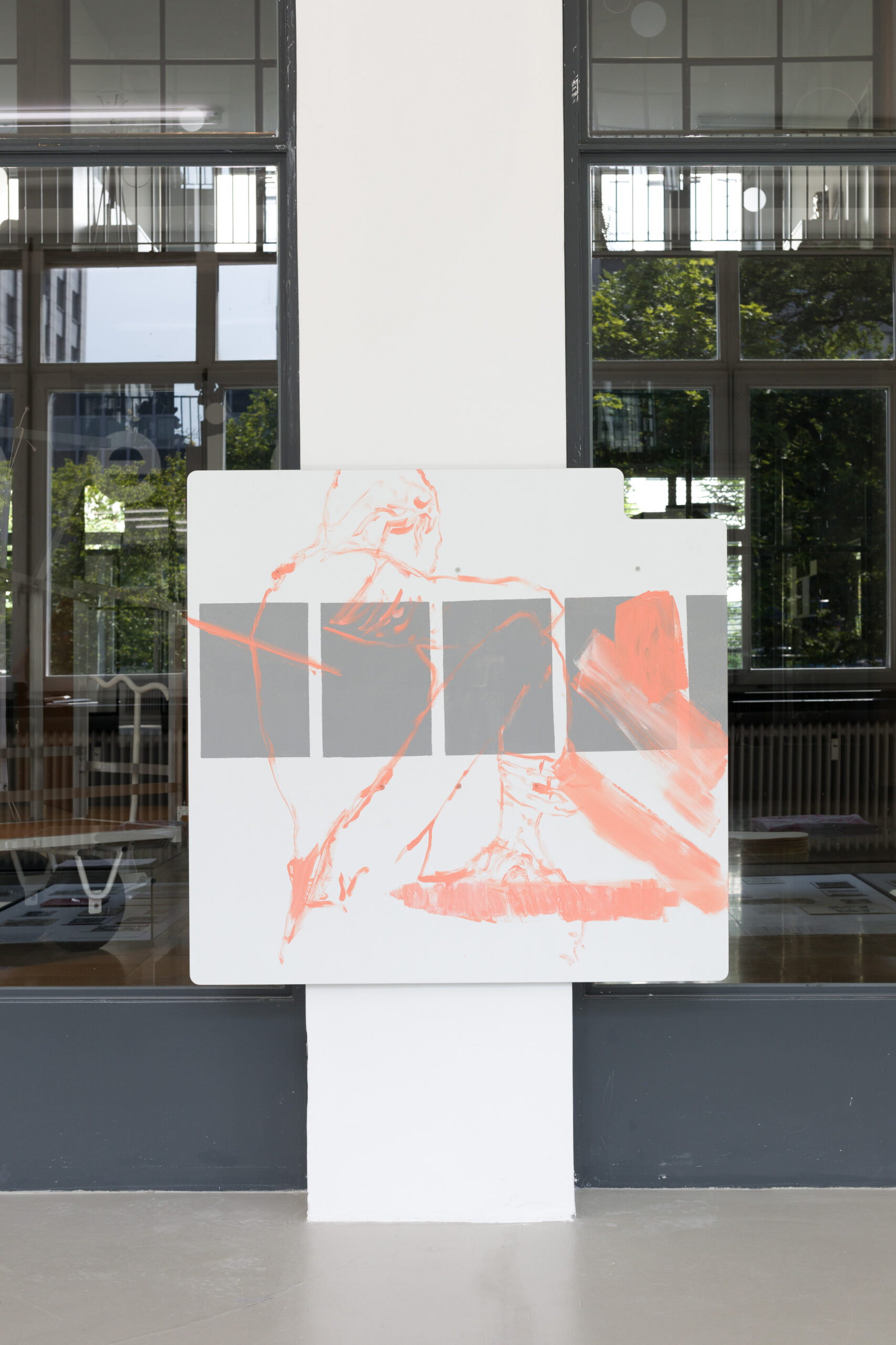
Maximiliane Baumgartner, "X" aus "Von einem Punkt aus der Vergangenheit, einem Punkt aus der Gegenwart malen (I)", 2023, Lack auf Alu Dibond, Kunstverein Nürnberg, 2024
Photo: © Lukas Pürmayr
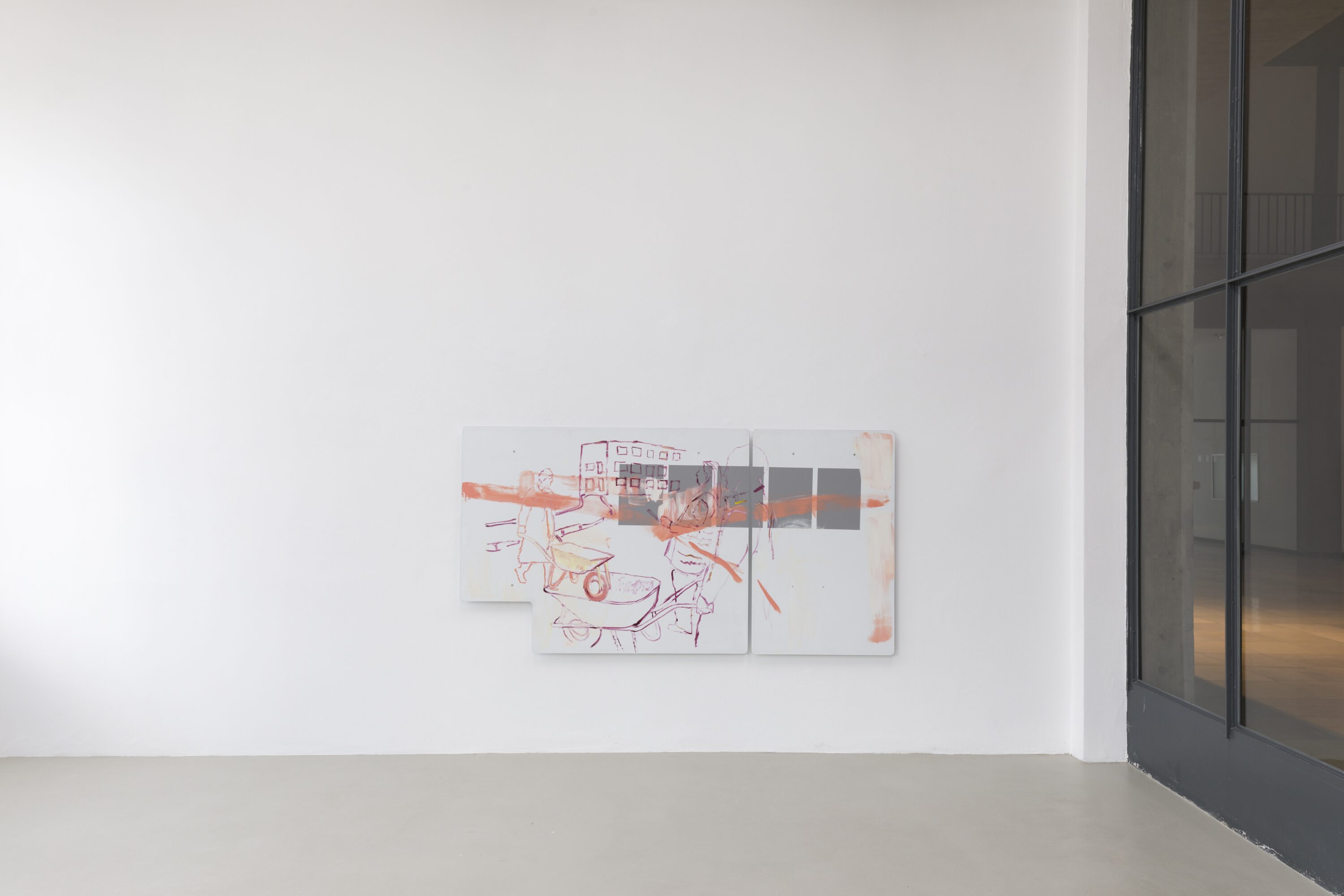
Maximiliane Baumgartner, "XXXX" aus "Von einem Punkt aus der Vergangenheit, einem Punkt aus der Gegenwart malen (I)", 2023, Lack auf Alu Dibond, Kunstverein Nürnberg, 2024
Photo: © Lukas Pürmayr
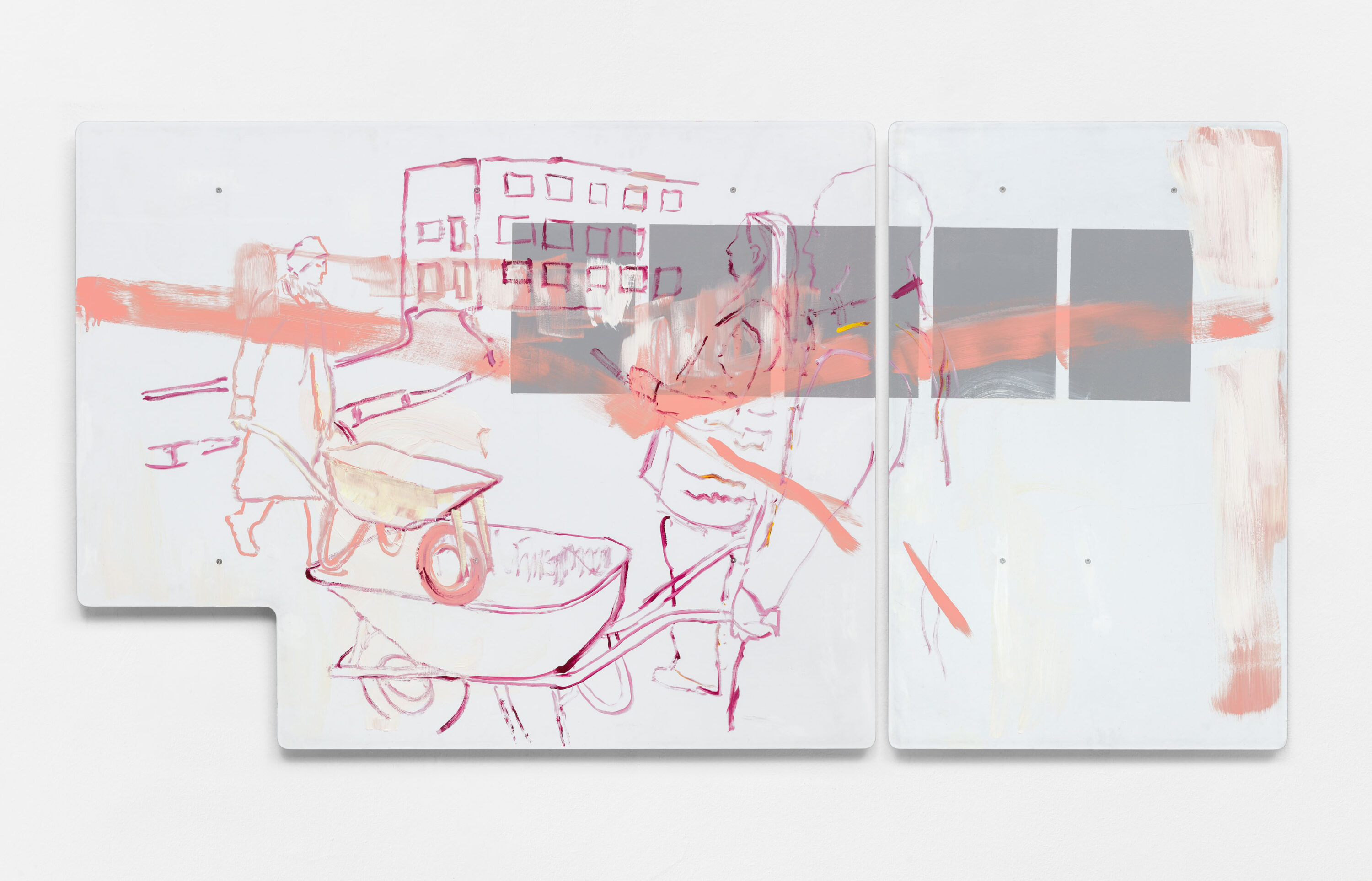
Maximiliane Baumgartner, "XXXX" aus "Von einem Punkt aus der Vergangenheit, einem Punkt aus der Gegenwart malen (I)", 2023, Lack auf Alu Dibond, Kunstverein Nürnberg, 2024
Photo: © Lukas Pürmayr
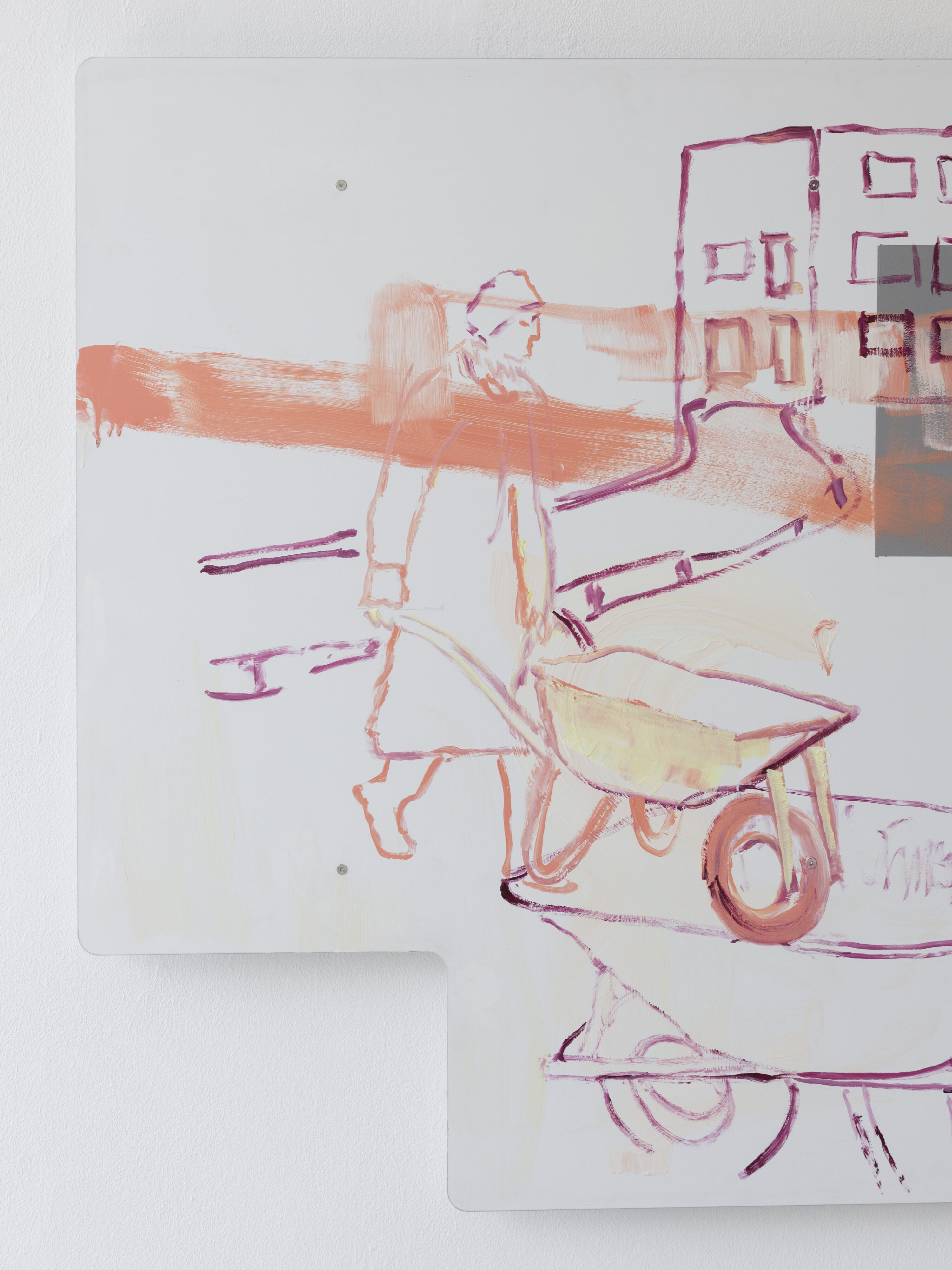
Maximiliane Baumgartner, "XXXX" aus "Von einem Punkt aus der Vergangenheit, einem Punkt aus der Gegenwart malen (I)", 2023, Lack auf Alu Dibond, Kunstverein Nürnberg, 2024
Photo: © Lukas Pürmayr
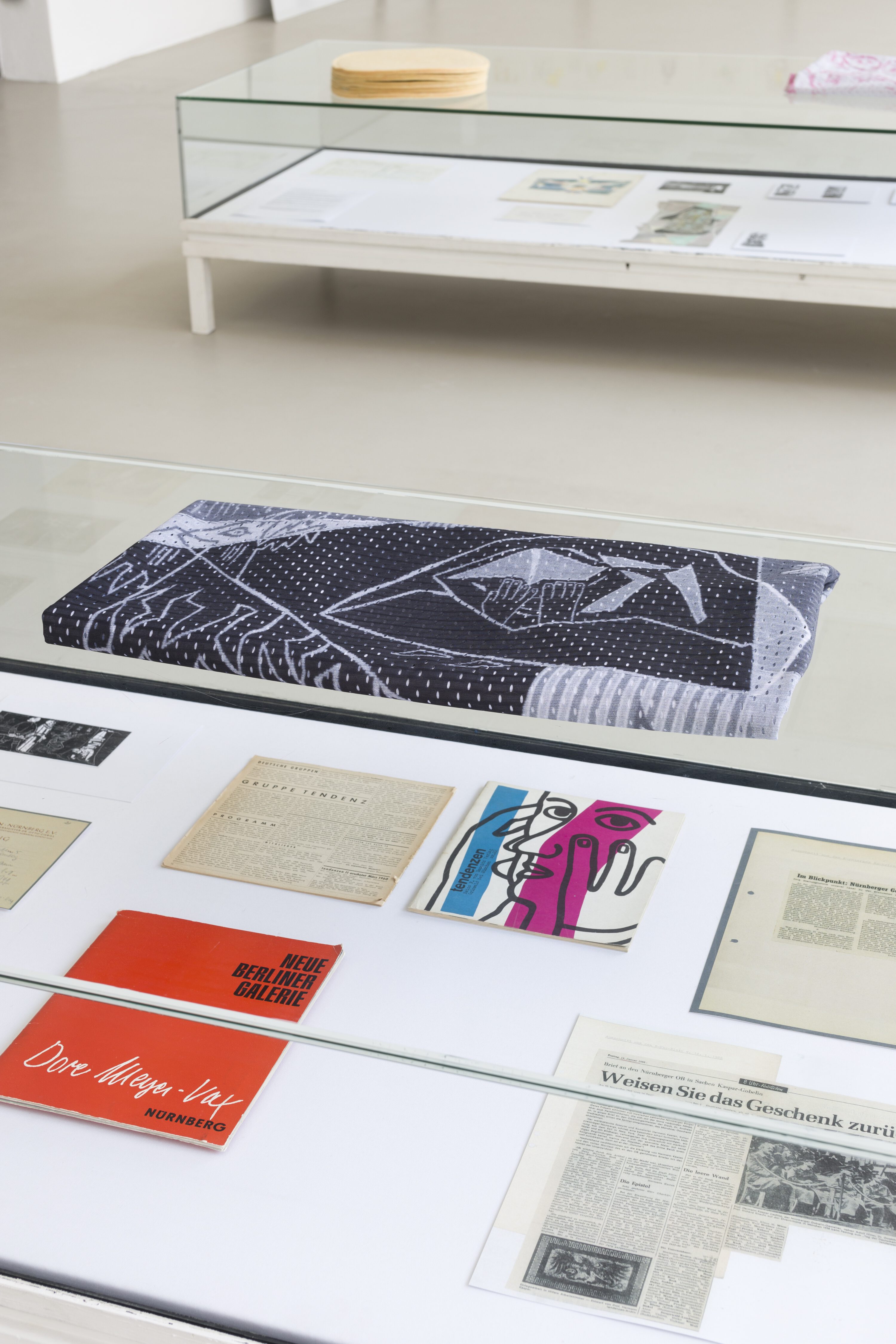
Maximiliane Baumgartner, "Das Lokale ist nicht lokal", 2024, Archivpräsentation, Originale und Reproduktion von Dore Meyer-Vax (Leihgaben Kunstvilla), Zeitungsartikel, ausgaben tendenzen, Gespräch Maximiliane Baumgartner und Wolfgang Brauneis, Gespräch Maximiliane Baumgartner und Bernd Zachow, Kunstverein Nürnberg, 2024
Photo: © Lukas Pürmayr
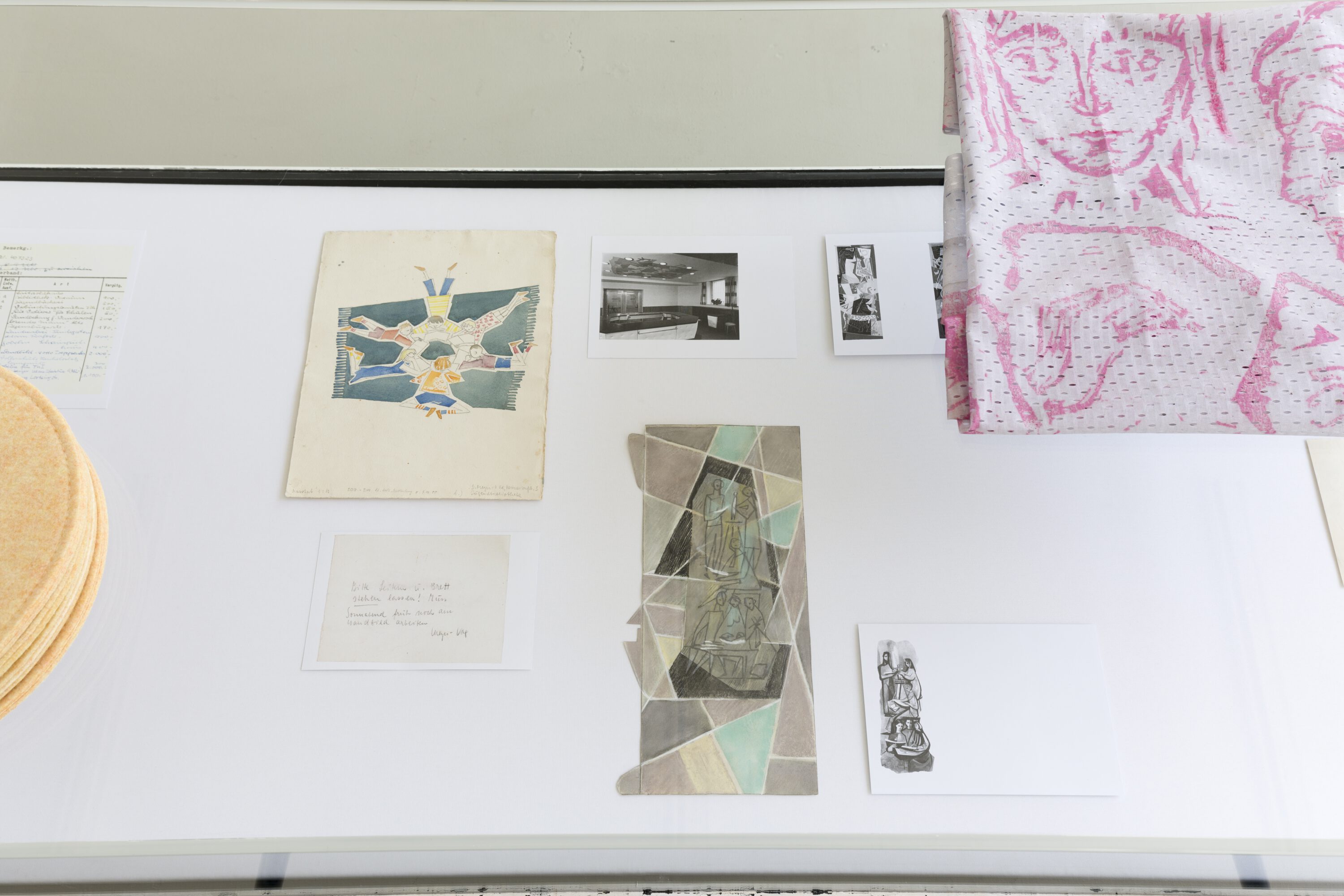
Maximiliane Baumgartner, "Das Lokale ist nicht lokal" ,2024, Archivpräsentation, Originale und Reproduktion von Dore Meyer-Vax (Leihgaben Kunstvilla), Zeitungsartikel, ausgaben tendenzen, Gespräch Maximiliane Baumgartner und Wolfgang Brauneis, Gespräch Maximiliane Baumgartner und Bernd Zachow, Kunstverein Nürnberg, 2024
Photo: © Lukas Pürmayr
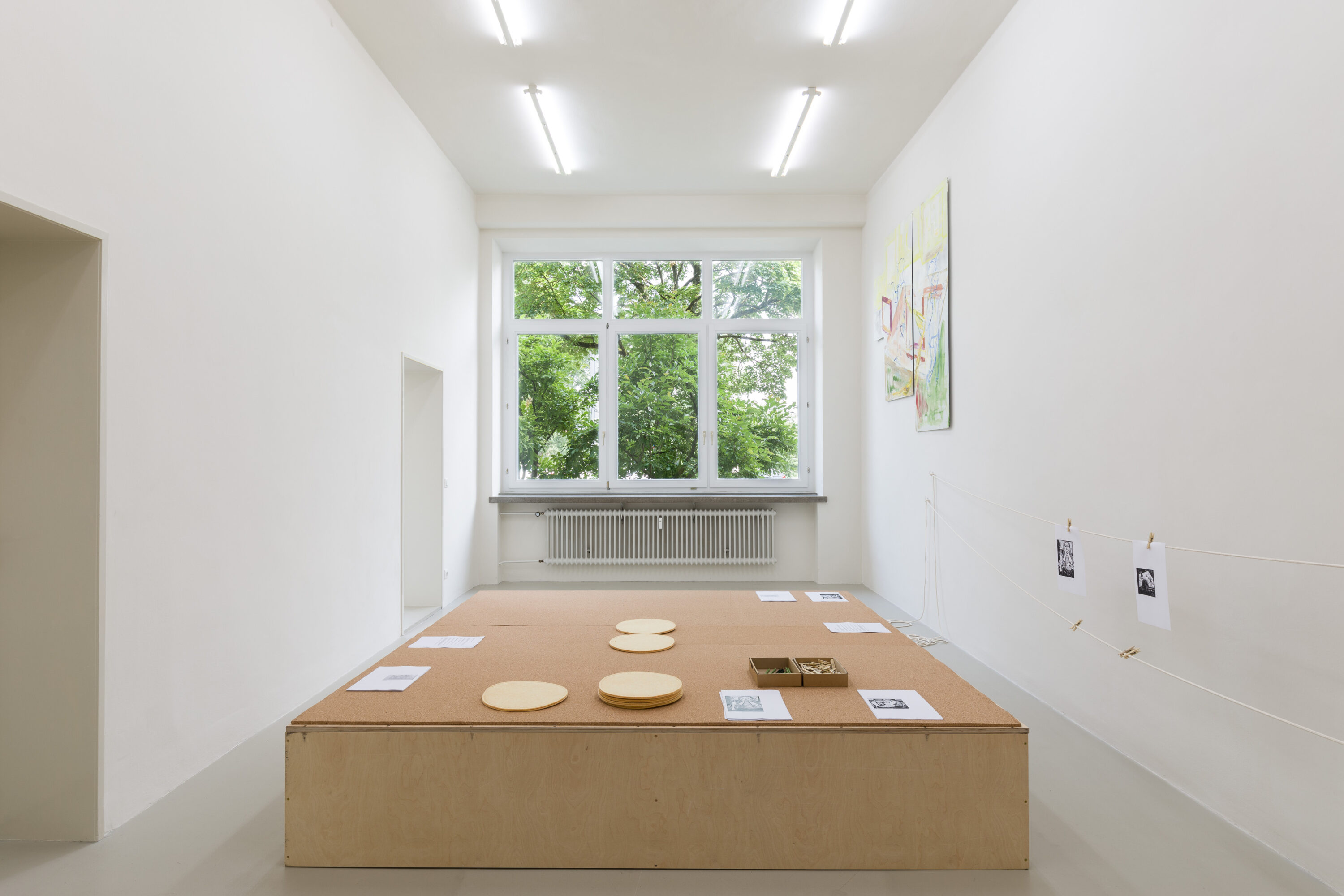
Maximiliane Baumgartner, "Das Lokale ist nicht lokal", 2024, Actionsetting, angelehnt an eine Deckenmalerei von Dore Meyer-Vax für die Jugendbücherei Nürnberg, 1956, Materialbuffet, Archivmaterial Dore Meyer-Vax, Kunstverein Nürnberg, 2024
Photo: © Lukas Pürmayr
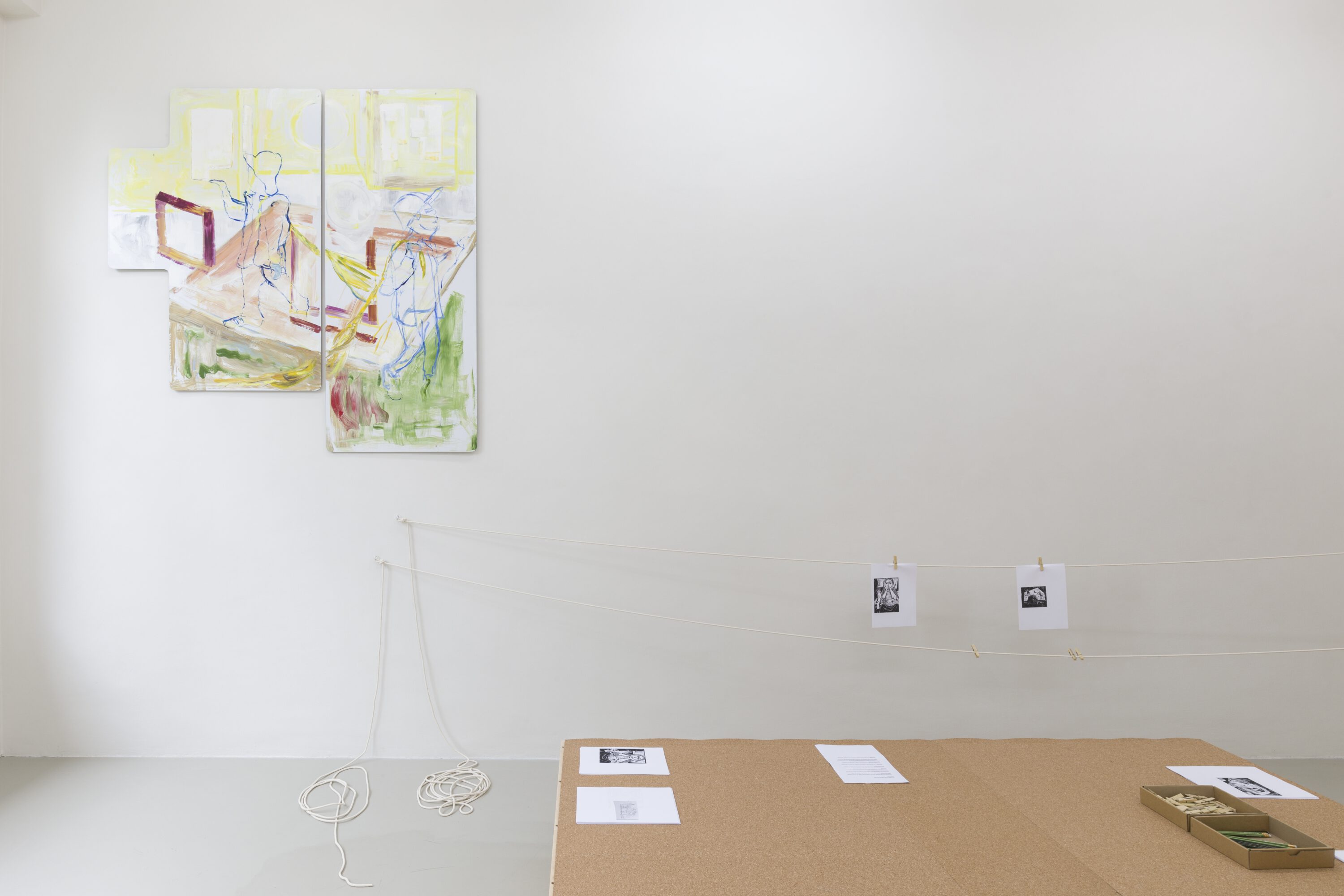
Maximiliane Baumgartner, "Das Lokale ist nicht lokal", 2024, Actionsetting, angelehnt an eine Deckenmalerei von Dore Meyer-Vax für die Jugendbücherei Nürnberg, 1956, Materialbuffet, Archivmaterial Dore Meyer-Vax, "Das Sprechende Eck III", 2023/24, Malerei, zweiteilig, Lack auf Alu Dibond, Kunstverein Nürnberg, 2024
Photo: © Lukas Pürmayr
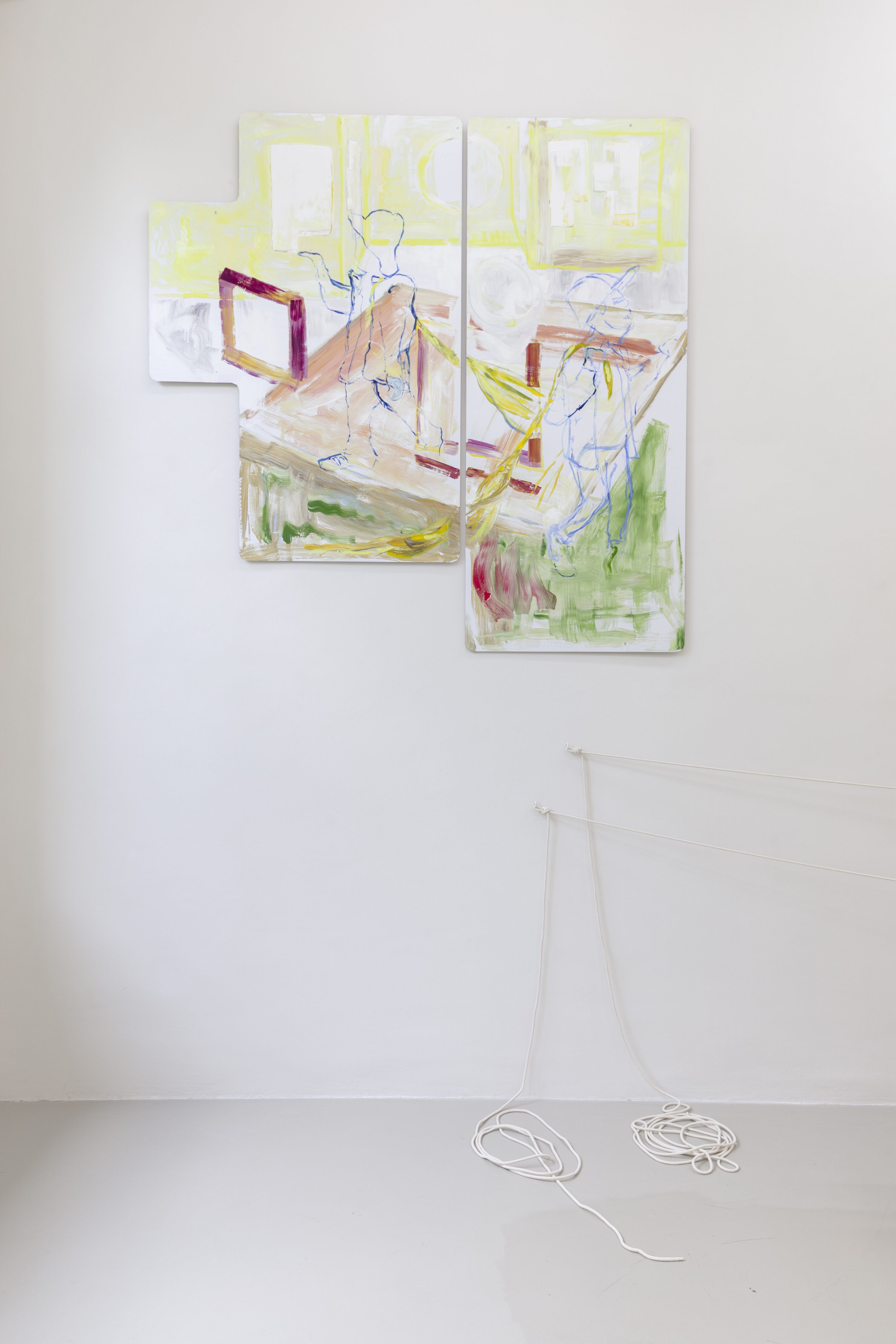
Maximiliane Baumgartner, "Das Sprechende Eck III", 2023/24, Malerei, zweiteilig, Lack auf Alu Dibond, Kunstverein Nürnberg, 2024
Photo: © Lukas Pürmayr
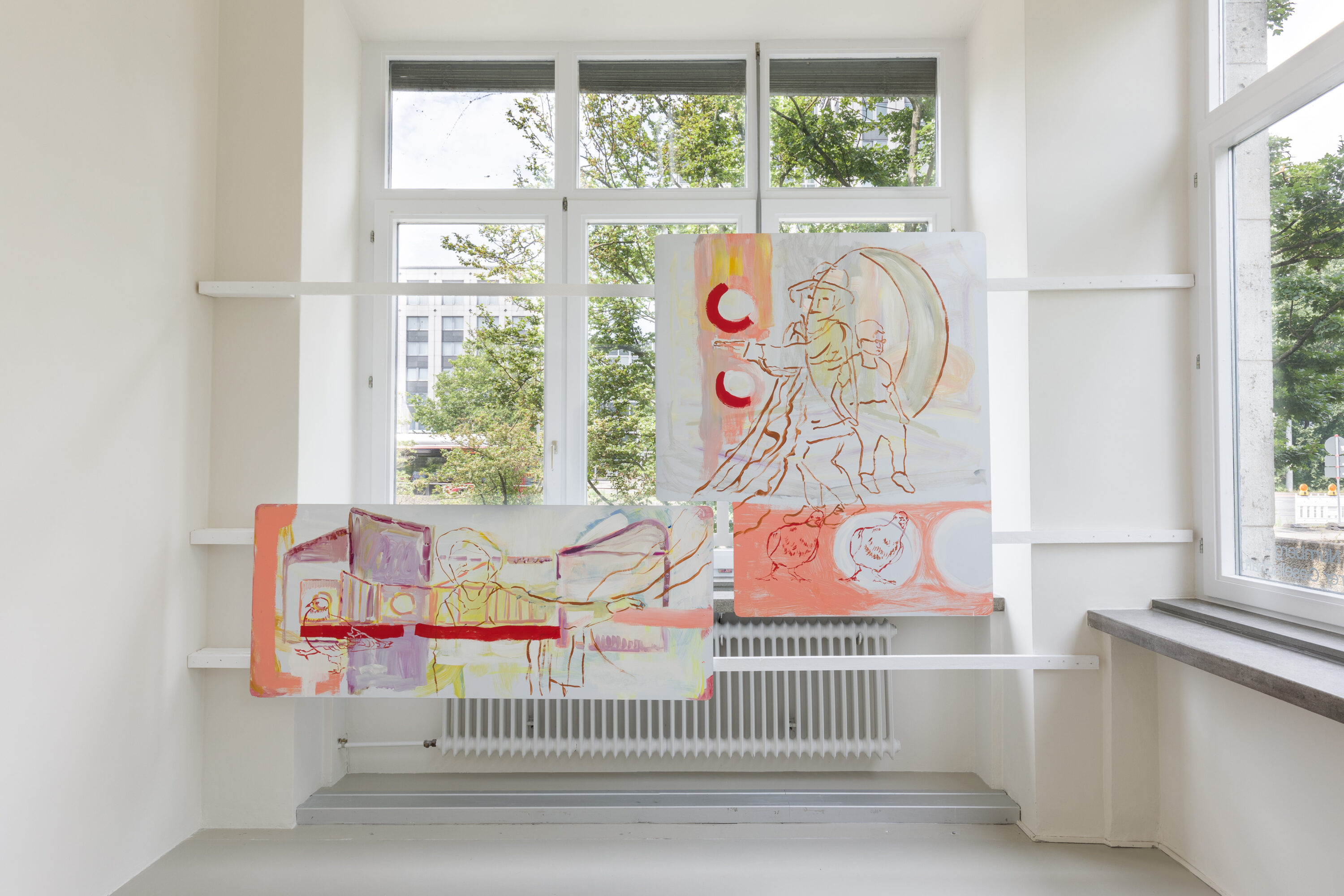
Maximiliane Baumgartner, "Das Sprechende Eck IV", 2023/24, Malerei, zweiteilig, Lack auf Alu Dibond, Kunstverein Nürnberg, 2024
Photo: © Lukas Pürmayr
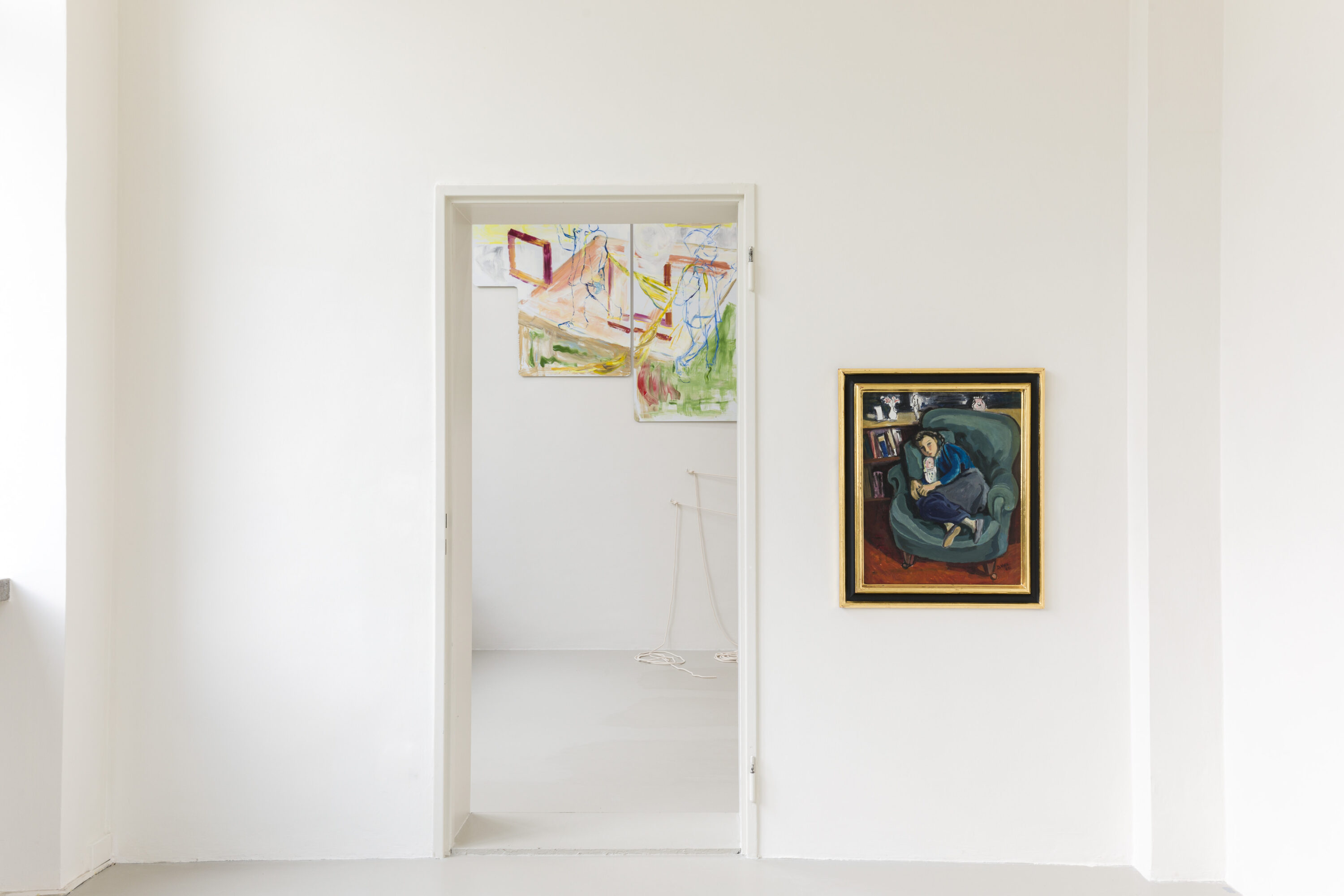
Maximiliane Baumgartner, "Das Sprechende Eck IV", 2023/24, Malerei, zweiteilig, Lack auf Alu Dibond, Kunstverein Nürnberg, 2024
Photo: © Lukas Pürmayr
Maximiliane Baumgartner’s works combine elements of painting, critical pedagogy, and artistic research. Through her work on memory, she opens up spaces for encounters, intergenerational exchange, and practical approaches to history and its voids. Based on the premise that Das Lokale ist nicht lokal (The Local Is Not Local), her most recent works examine the lives and works of women artists from the so-called “lost generation” as historical documents. What many of these artists have in common is that they were among the first to be admitted to German art academies and to work on a national level. Their lives and work were interrupted by the Second World War and National Socialism, and some of them were banned from exhibiting or denounced as “degenerate.” Even after 1945, the works of these women artists remained overlooked in the international discourse. As part of her Marianne Defet Painting Scholarship, Baumgartner decided to focus on the work of Nuremberg artist Dore Meyer-Vax (1908–1980). During the postwar period, Meyer-Vax designed and/or realized public murals in Nuremberg for venues including libraries for children and young people, schools, the state theater and the local zoo. Baumgartner responds to this democratic approach to art and the social locations of Meyer-Vax’s works in various series of drawings and paintings. In addition to political commentary on contemporary events, Meyer-Vax repeatedly depicted situations of shared learning and solidarity, but also moments of exhaustion, which Baumgartner explores in the context of current sociopolitical debates and her own situated perspective. Baumgartner also consistently references the Freiburg artist Eva Eisenlohr (1891–1977), who suffered similar patriarchal and political mechanisms of ignorance and active forgetting, thus opening up a wider discursive space for interpreting the works of these women artists. As the title of the series on display suggests, Von einem Punkt aus der Vergangenheit, einen Punkt aus der Gegenwart malen (Painting a Point in the Present from a Point in the Past), Baumgartner creates circular movements of temporal connection and critical commentary—a perspective that will be continued in Nuremberg through the activation of various local communities. A series of Action Settings will be established for this purpose, in which groups and other interested parties will be invited to participate in programs throughout the duration of the exhibition.
Maximiliane Baumgartner (b. 1986 in Lindenberg, DE) is an artist, educator, and deputy professor at the Kunstakademie Düsseldorf. Her works and action spaces have been presented in numerous international contexts, including at the Neuer Essener Kunstverein, Stadtgalerie Bern, Kunstverein München, Galerie Max Mayer in Düsseldorf, and kaufmann repetto in Milan/New York. Baumgartner recently realized large-scale new productions for the Biennale für Freiburg and Urbane Künste Ruhr (both 2023).
Das Lokale ist nicht lokal was initiated by Wolfgang Brauneis with research advice by Thorsten Schneider. The exhibition is realized in cooperation with the Kunstvilla, which dedicated a comprehensive retrospective to Dore Meyer-Vax in 2020. Maximiliane Baumgartner has been Marianne Defet Painting Scholar in 2023/24, invited by Kunstverein Nürnberg. The resulting exhibition Das Lokale ist nicht lokal will be accompanied by an extensive publication.
The project is kindly connected with the exhibition Monika Michalko. Here in the Real World that opens at Kunsthalle Nürnberg on Friday, 28th June, 7 pm.
Curator: Nele Kaczmarek
Curatorial Assistance: Julie Batteux, Leonora Prugger

